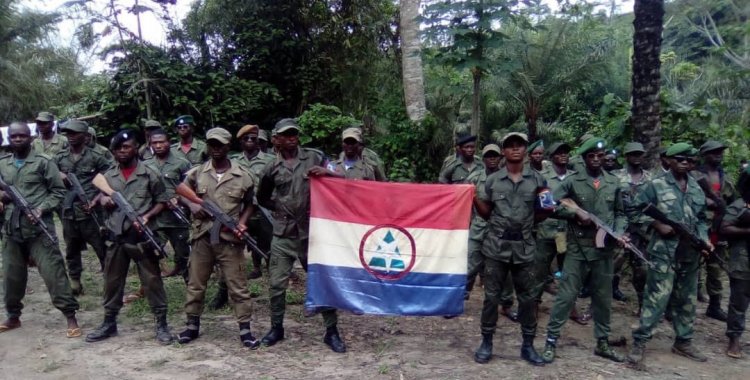In the statement, signed by the secretary general of the Front for the Liberation of the State of Cabinda - Cabindian Armed Forces (FLEC-FAC), Jacinto António Télica, the independence activists say that more than five thousand soldiers participated in the operation, distributed in the forests of Maiombe and the along the border between Angola and DRCongo.
FLEC-FAC alleges that, during the operation, this Wednesday, in the village of Mbaka-Nkosi, next to the border, "soldiers of the Armed Forces of Angola raped women under threat of weapons and beat men who were trying to defend their their wives and daughters".
The independence supporters reiterate their condemnation of the "multiple violations and attacks on human rights and humanitarian law in Cabinda".
In the statement, FLEC-FAC also condemns the "savage repression underway in Cabinda, perpetrated by the regime of the President of Angola, João Lourenço, on the population of the enclave" and reiterates the appeal to the UN and the European Union "to act urgently in order to put an end to this repression and hold the Angolan authorities responsible" for the "constant violations, thus allowing the free expression of the population" of Cabinda.
The joint military operation is contextualized by FLEC-FAC as "military defeat on the battlefield".
FLEC has been fighting for the independence of the territory, from which much of the country's oil comes, for several years, claiming that the enclave was a Portuguese protectorate – as established in the Treaty of Simulambuco, signed in 1885 – and not an integral part of the Angolan territory.
The Government normally refuses to recognize the existence of dead soldiers resulting from guerrilla actions by independence fighters, or any situation of instability in that province in the north of the country, always emphasizing the unity of the territory.







